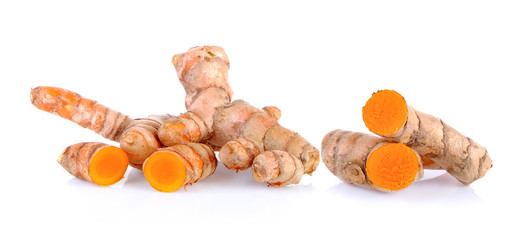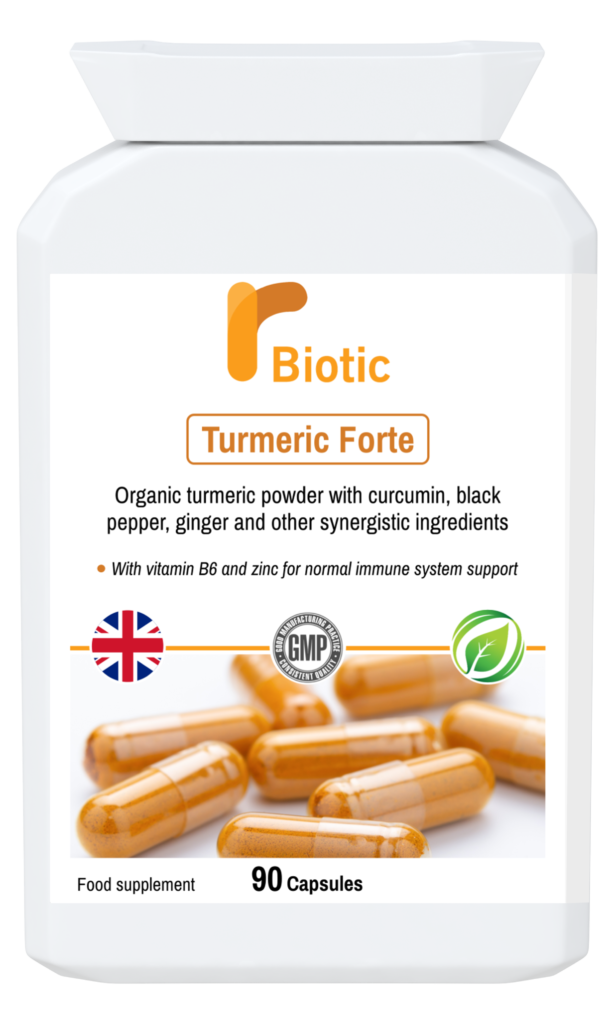“Unlocking the Power of Turmeric: Exploring the Health Benefits and Need for Turmeric Supplements”

Turmeric, a spice commonly used in Indian and Middle Eastern cuisines, has gained popularity for its potential health benefits. The key active ingredient in turmeric is curcumin, which has been studied extensively for its anti-inflammatory and antioxidant properties. In this blog, we’ll explore some potential health benefits of turmeric and curcumin.
Anti-Inflammatory and Antioxidant Properties
Curcumin, the active ingredient in turmeric, is known to have powerful anti-inflammatory and antioxidant properties. Inflammation is a natural response by the body to injury or infection. However, chronic inflammation can lead to various health problems, including heart disease, cancer, and Alzheimer’s disease. Curcumin has been shown to reduce inflammation by blocking the activity of certain enzymes and signalling molecules involved in the inflammatory response.
Additionally, curcumin has been found to have antioxidant properties that can help protect the body against oxidative damage caused by free radicals. Free radicals are unstable molecules that can damage cells and contribute to ageing and disease. Curcumin’s antioxidant properties can help neutralize free radicals and prevent damage to cells and tissues.

Improves Brain Function
Curcumin may also have neuroprotective properties and may help improve brain function. Studies have shown that curcumin can increase the production of brain-derived neurotrophic factor (BDNF), a protein that promotes the growth of new brain cells and improves brain function. Curcumin may also help reduce the risk of age-related cognitive decline and Alzheimer’s disease.
Supports Heart Health
Curcumin may also have benefits for heart health. Studies have shown that curcumin can improve endothelial function, which is the ability of the blood vessels to dilate and relax. This can improve blood flow and reduce the risk of heart disease. Curcumin may also help reduce inflammation and oxidative stress, two factors that contribute to heart disease.
May Help Prevent Cancer
Some studies have suggested that curcumin may have anti-cancer properties. Curcumin may help prevent the development and spread of cancer cells by blocking certain signaling pathways and reducing inflammation. However, more research is needed to determine the effectiveness of curcumin as a cancer treatment.
Turmeric Supplements
While turmeric can be incorporated into the diet, the concentration of curcumin in turmeric is relatively low. Therefore, turmeric supplements are often used to provide higher doses of curcumin. However, it’s important to note that not all turmeric supplements are created equal. Some supplements may not contain enough curcumin to provide health benefits, and others may contain impurities or additives.

When choosing a turmeric supplement, it’s important to look for a high-quality product that contains a standardized extract of curcumin. The supplement should also be manufactured by a reputable company and have undergone third-party testing to ensure quality and purity.
Additionally, it’s important to talk to a healthcare professional before taking a turmeric supplement, especially if you have a medical condition or are taking medication. Turmeric supplements may interact with certain medications, including blood thinners and diabetes medications.
Conclusion
Turmeric and curcumin have potential health benefits that make them a worthwhile addition to your diet. While turmeric can be incorporated into the diet, turmeric supplements can provide higher doses of curcumin. When choosing a turmeric supplement, it’s important to choose a high-quality product and consult with a healthcare professional before taking it.

